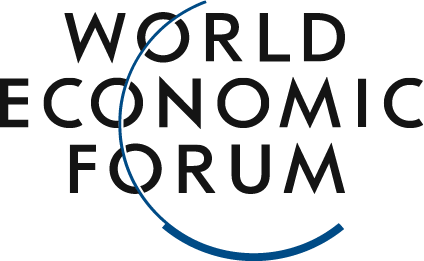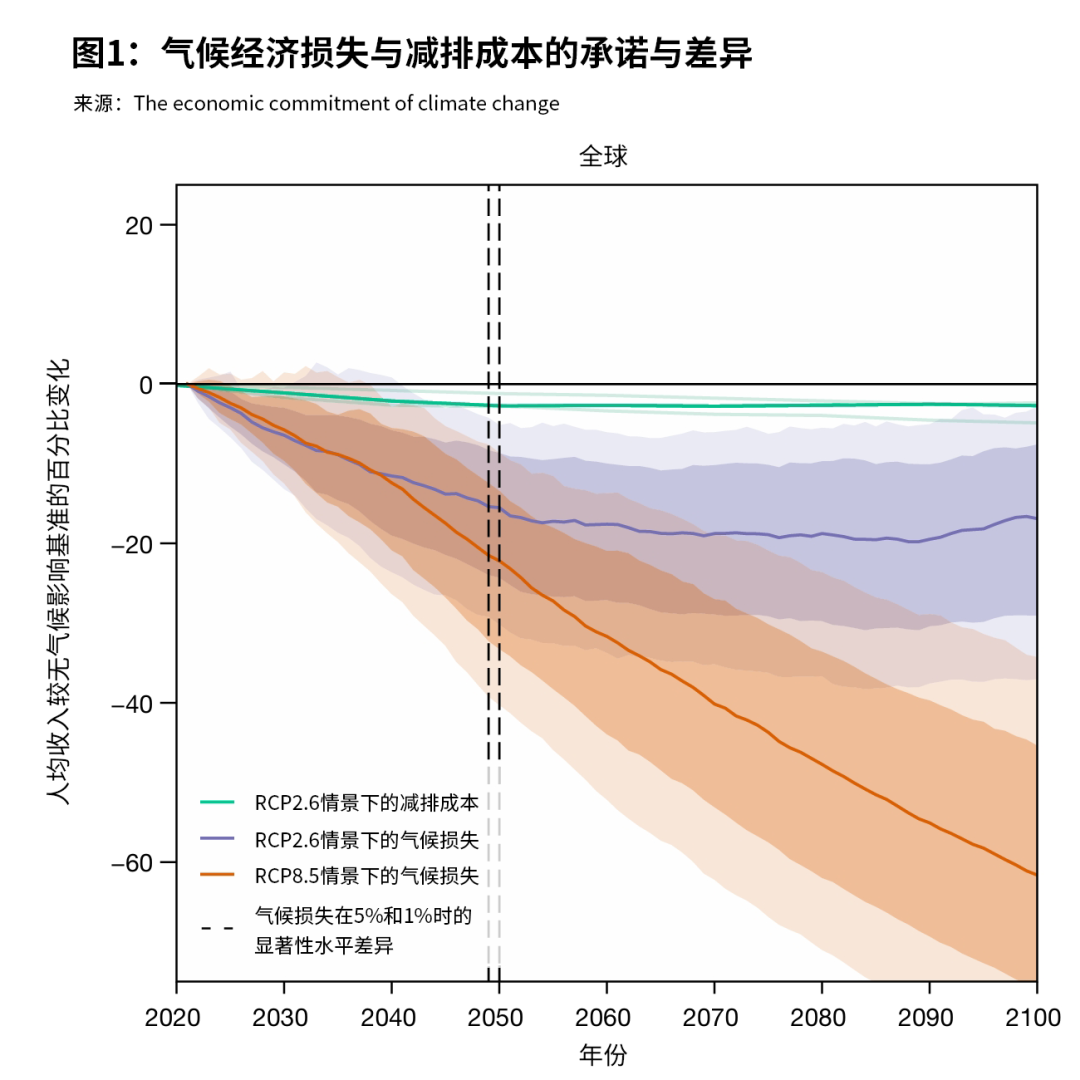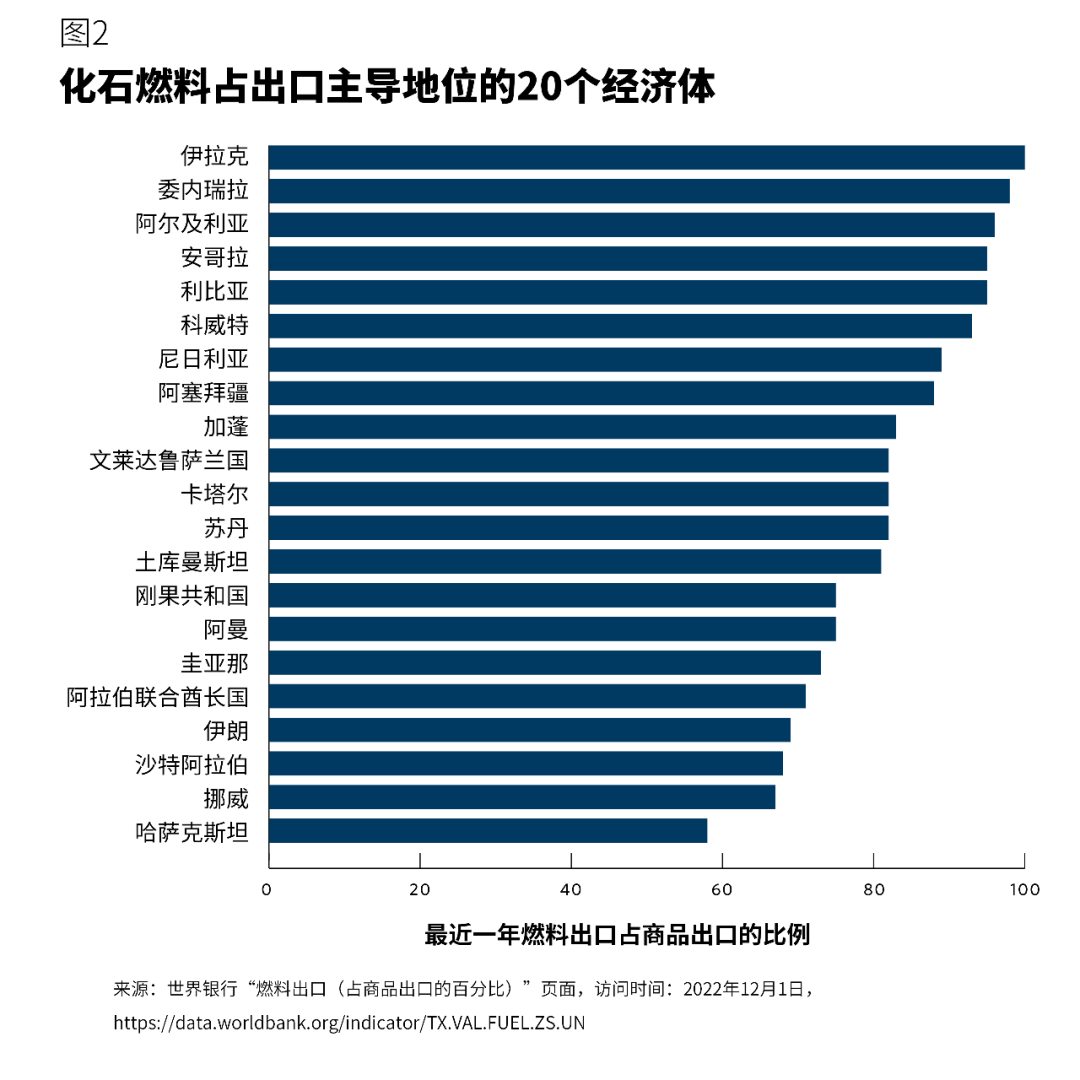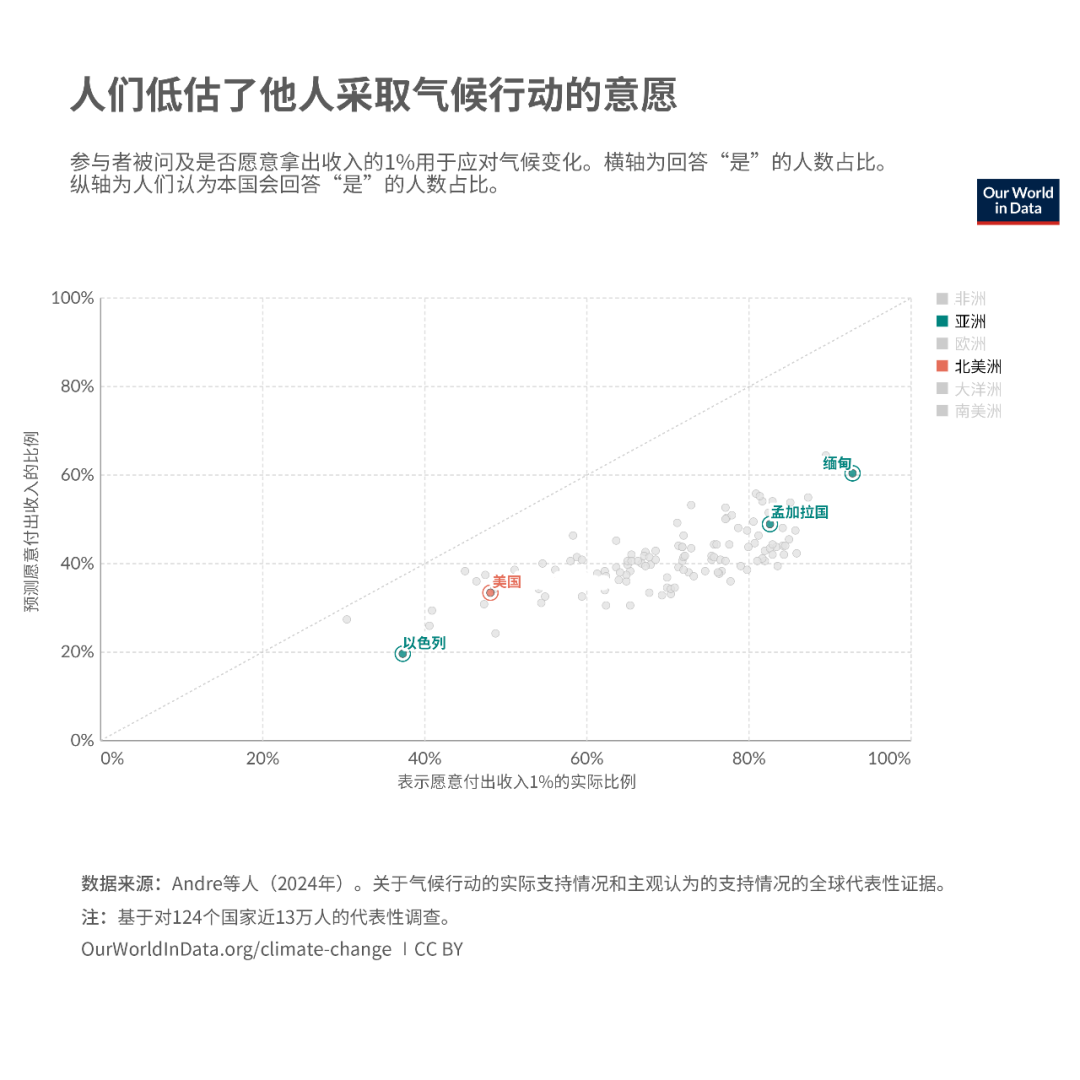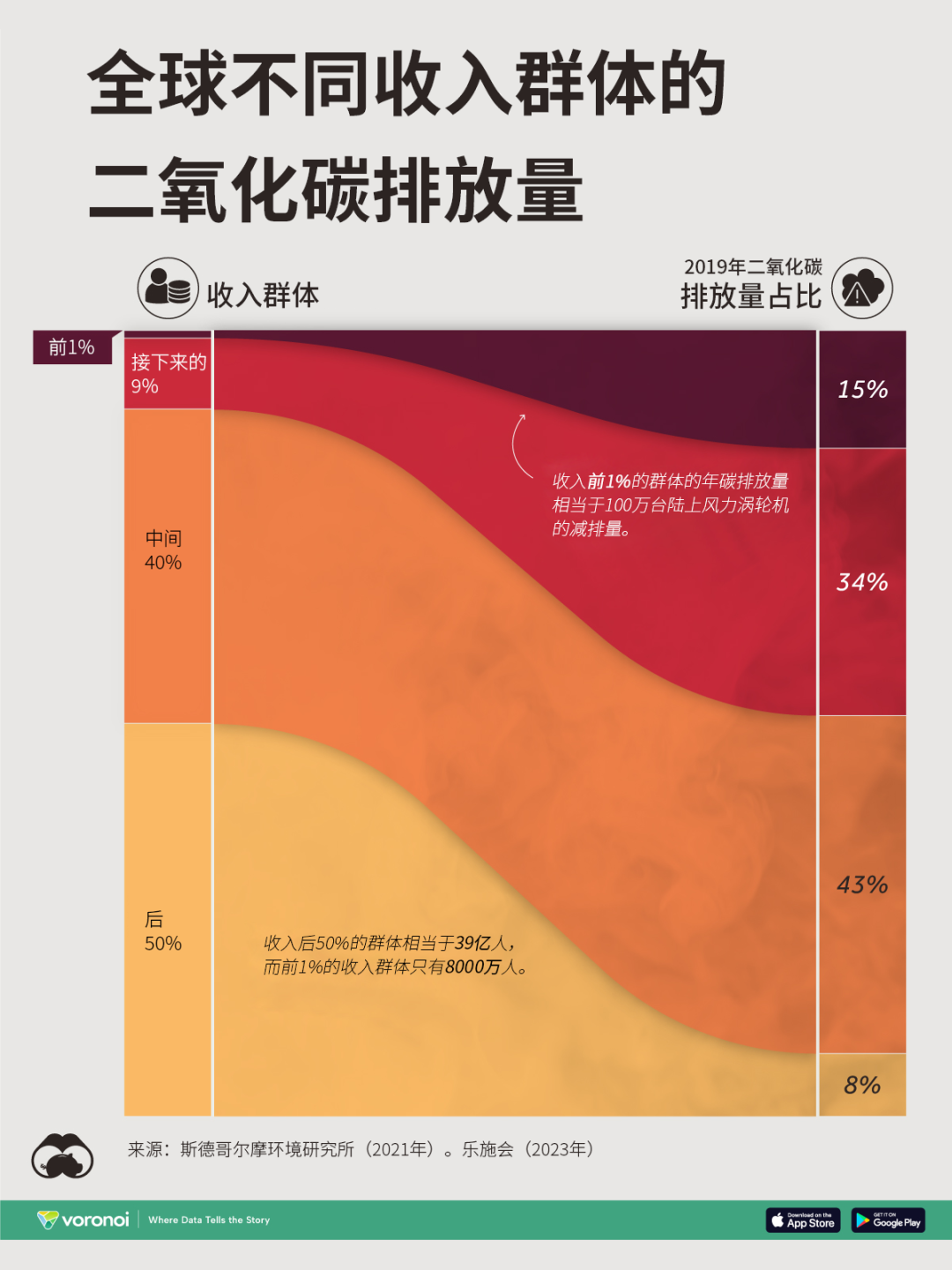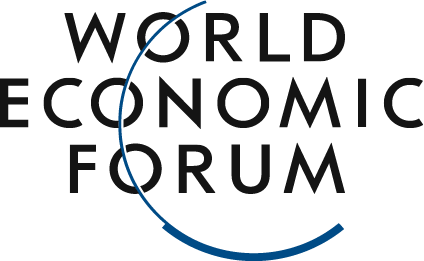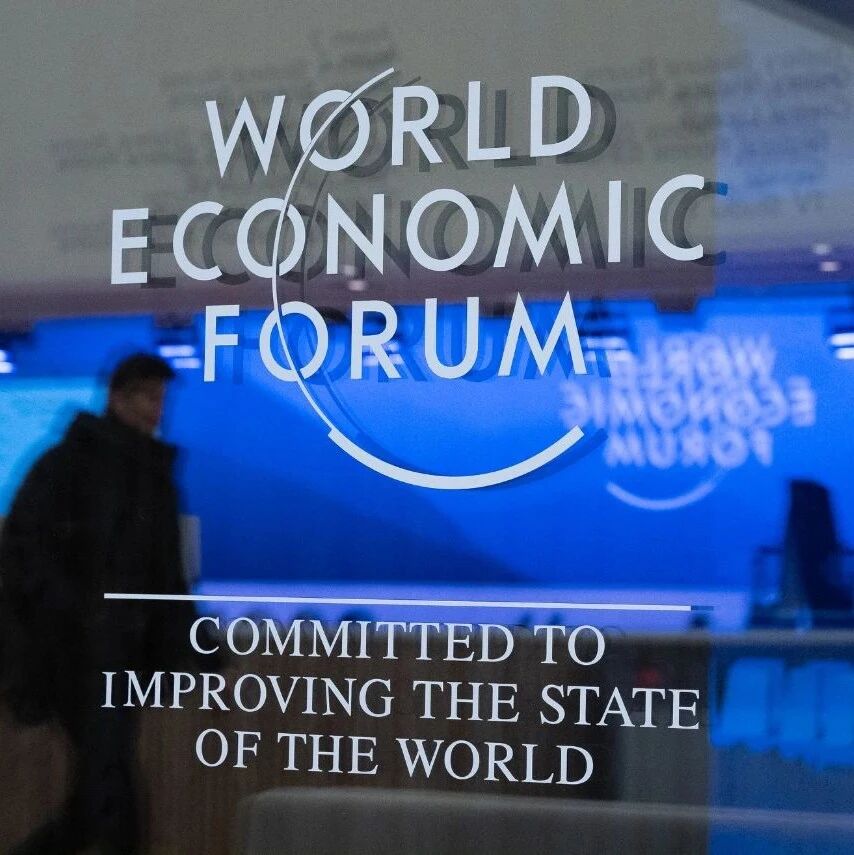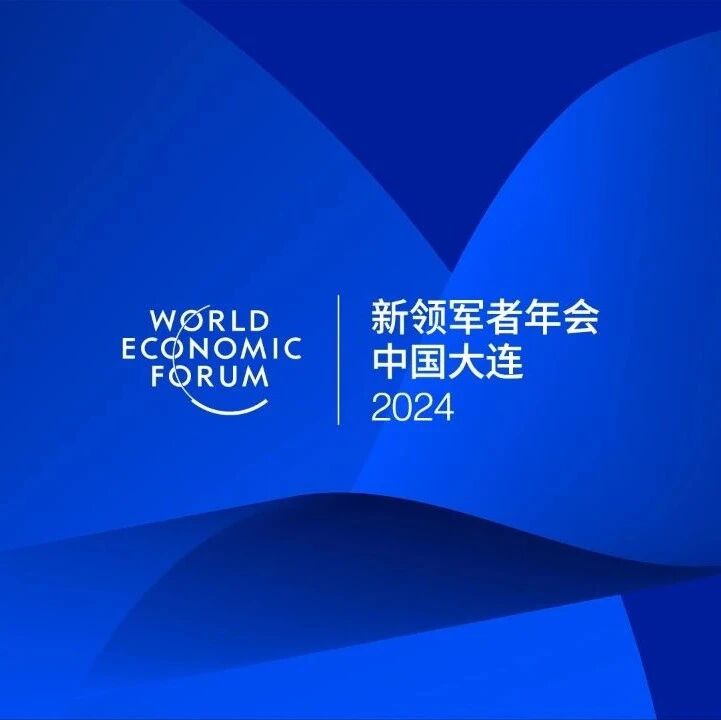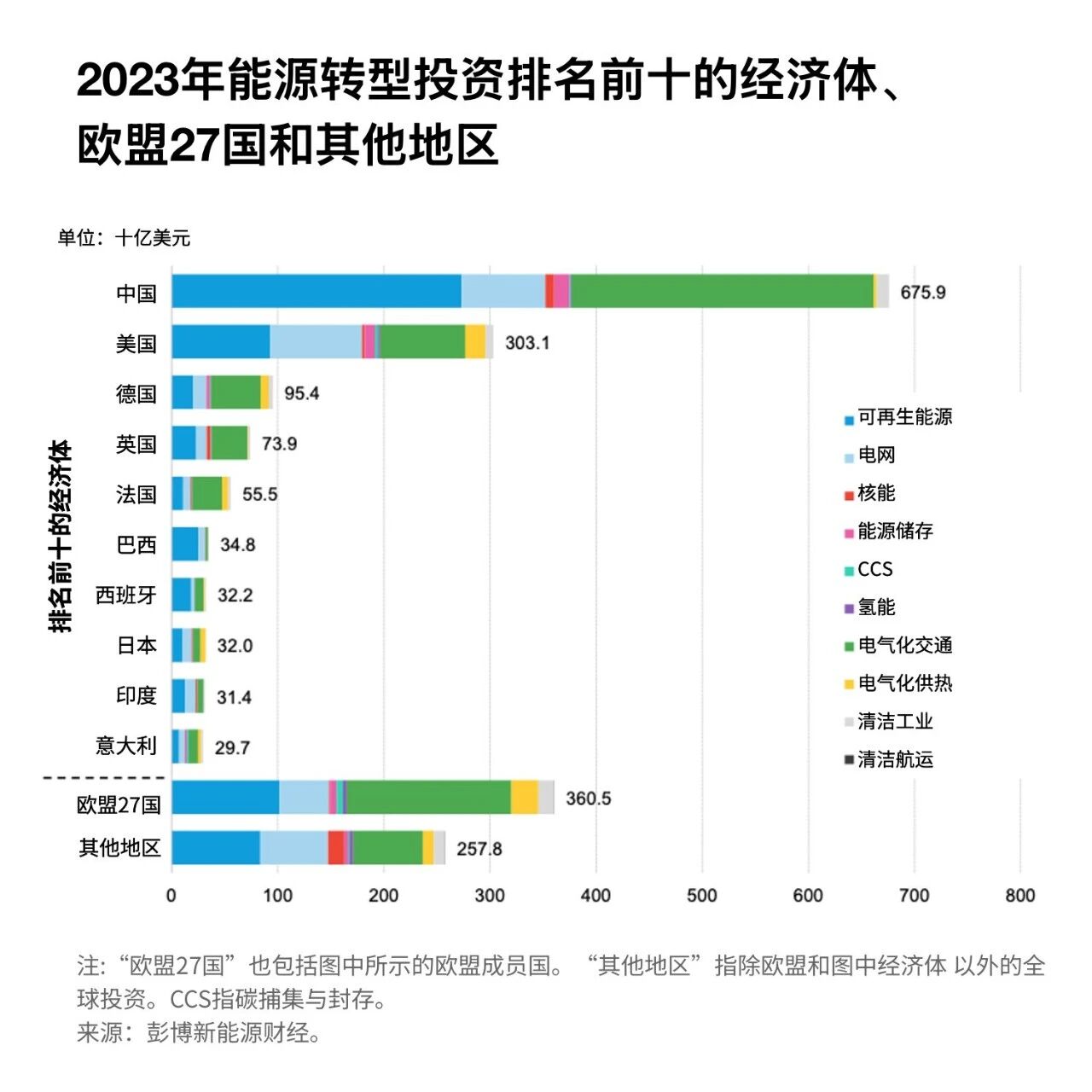Experts warn that climate change could shrink our wages by one-fifth over the next 26 years.
Image source:Unsplash/Towfiqu Barbhuiya
Simon Torkington
Senior Writer for the Forum Agenda
New research indicates that climate change is expected to lead to a nearly 20% reduction in average income.
Although poor countries have the smallest carbon footprints, their people will be hit hardest in terms of income, which will also limit their ability to develop their economies.
The World Economic Forum outlined an economic fairness framework in its recently released white paper on enabling a just global transition to net-zero emissions.
How would you feel if your salary was about to be reduced by 20%?You may soon experience this firsthand, as research on the economics of the climate crisis reveals that, over the next 26 years, climate change will slash our incomes by nearly one-fifth.A study published in the journal *Nature* predicts that by mid-century, more frequent and extreme weather events will cause annual economic losses totaling $38 trillion. Researchers from the Potsdam Institute for Climate Impact Research in Germany estimate that, over the next 25 years, these impacts could reduce per capita income by as much as 19%.The economic costs of climate change are six times higher than the costs of emissions reduction.
Image source:*Nature* / Kotz, M., Levermann, A., & Wenz, L.
As shown in the figure above, the future cost of emissions reductions ($6 trillion) is one-sixth of the total losses ($38 trillion) caused by continuing to burn fossil fuels—losses that would further exacerbate the climate crisis.
The unequal impact of climate on incomeThe Potsdam Institute’s assessment dwarfs previous analyses of the costs associated with the climate crisis. A report in the UK’s Guardian quoted team member Leonie Wenz as saying: “It’s truly unbelievable. I’ve grown accustomed to my work not yielding outcomes that benefit society, but the sheer scale of this loss has genuinely taken me by surprise. The level of inequality is nothing short of shocking.”Wenz refers to inequality as the research findings from her team, which reveal that developing countries—those with the smallest "contributions" to climate change—will suffer the most severe income losses. The study shows that incomes in the U.S. and Europe are expected to decline by an average of 11%. In contrast, developing nations face far greater income setbacks, including Brazil (-21%), Botswana (-25%), Mali (-25%), Pakistan (-26%), Iraq (-30%), and Qatar (-31%).Climate change will constrain economic development.The profound impact of climate change on developing countries will further constrain their economic growth and undermine the well-being of their populations. In an article written for the Carnegie Endowment for International Peace, Laurance Chandy, UNICEF’s Chief Economic Advisor, highlighted how climate change makes it even harder for nations to break free from the vicious cycle of economic inequality.Chandey said, "If climate change signals that the world will face more frequent and intense shocks, then sustained rapid economic growth—the so-called 'growth miracle'—will become even harder to achieve. As a result, fewer and fewer impoverished nations will succeed in narrowing the income gap with wealthier countries compared to a world without climate change."This is especially true for developing countries whose economies rely heavily on fossil fuel exports.Developing countries that rely heavily on fossil fuel exports may find it challenging to boost their economic output.
Image source:Carnegie Endowment for International Peace
Chandi believes that, as international demand declines during the transition to net-zero emissions, developing countries in fossil-fuel-dependent economies are expected to see economic contractions ranging from 10% to 50%.Would you be willing to pay to help limit climate change?Although the economic impact of climate change is uneven across developing countries, people in these nations are more willing to contribute a small portion of their income to help mitigate its effects.According to a survey by Our World in Data, when asked whether they’d be willing to donate 1% of their annual income to support efforts to combat climate change, 82.6% of people in flood-prone Bangladesh said yes. In contrast, only 48.1% of Americans expressed willingness to contribute.Our willingness to pay for tackling climate change varies by region.
Image source:Our World in Data
In Myanmar, most people (92.8%) seem willing to give up 1% of their income, whereas in Israel, only 37.3% of respondents said they’d be willing to do the same.Carbon emissions by income groupWhile people in wealthier countries seem less willing to contribute to slowing climate change, research from the Stockholm Environment Institute (SEI) reveals an income gap between the nations with the highest and lowest global carbon emissions.Visual Capitalist visualized data from the Stockholm Environment Institute, revealing that the top 10% of global earners account for 49% of total global carbon emissions.The carbon emissions of the world’s top 10% earners account for nearly half of global total emissions.
Image source:Visual Capitalist / Stockholm Environment Institute
At the other end of the income spectrum, the bottom 50% by income account for only 8% of total carbon emissions. In absolute terms, this means that the carbon footprint of the world’s wealthiest 80 million people is equivalent to that of the poorest 3.9 billion individuals.The World Economic Forum outlined an economic fairness framework in its recently released white paper on enabling a just global transition to net-zero emissions.The authors of the white paper explained: "We aim to highlight how addressing economic equity can help mitigate the unequal impacts of climate change on humanity, while also encouraging businesses and governments to seize opportunities and minimize risks to the greatest extent possible.""Realigning economic and business strategies, placing equity at the heart of the green transition, can create far-reaching impacts in a world where supply chain integration, as well as public-private investment and collaboration, continue to grow."
The above content solely represents the author's personal views.This article is translated from the World Economic Forum's Agenda blog; the Chinese version is for reference purposes only.Feel free to share this in your WeChat Moments; please leave a comment below if you'd like to republish.
Translated by: Sun Qian | Edited by: Wang Can
The World Economic Forum is an independent and neutral platform dedicated to bringing together diverse perspectives to discuss critical global, regional, and industry-specific issues.
Follow us on Weibo, WeChat Video Accounts, Douyin, and Xiaohongshu!
"World Economic Forum"
